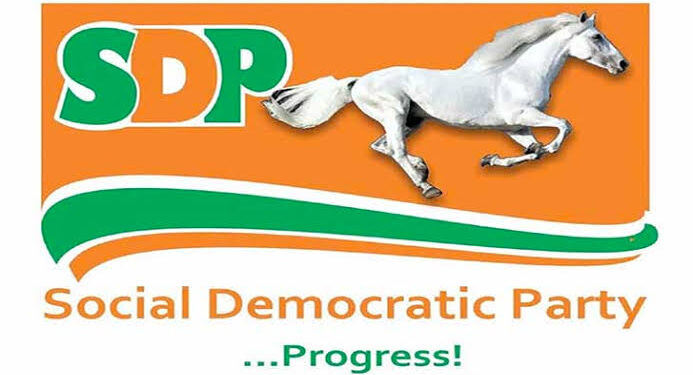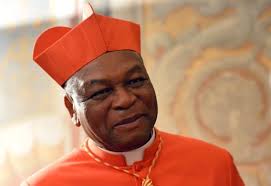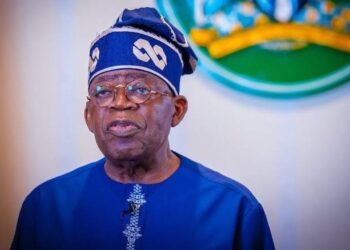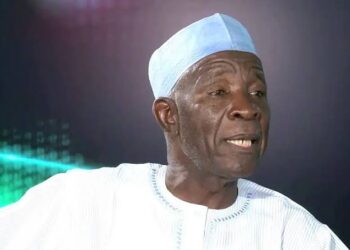The Imo State Local Government Election Petition Tribunal, currently convening in the state capital, Owerri, has scheduled its next hearing for November 4, 2024. This follows a petition filed by the Social Democratic Party (SDP) against the Imo State Independent Electoral Commission (ISIEC) and the ruling All Progressives Congress (APC) regarding the recent local council elections held in the state.
The legal action, documented under suit number EPI/IMLG/0/9/24, was initiated by the state’s SDP chairman, Henry Ifeanyi Eluwa. He is contesting the election outcomes that determined the chairpersons of local government councils throughout Imo State. The SDP’s petition highlights serious concerns over the electoral process, asserting that numerous irregularities and misconduct tainted the elections.
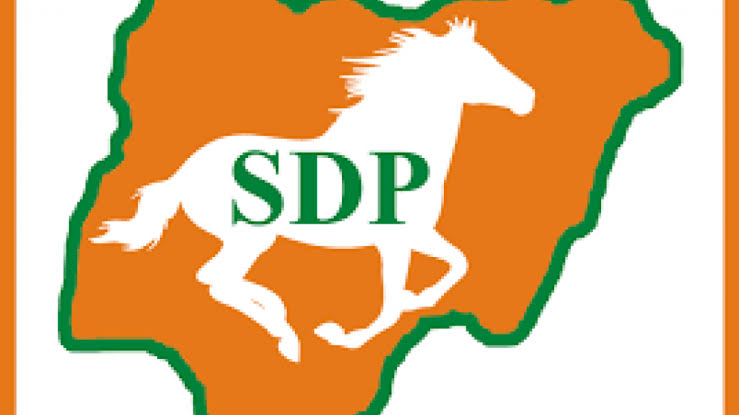
In the petition, the SDP demands a complete annulment of the election result, citing a range of alleged electoral malpractices. Eluwa contends that both the ISIEC and the APC colluded in ways that undermined the integrity of the electoral process, failing to adhere to the established guidelines intended to govern fair elections.
During the initial hearing of the case, held on October 17, 2024, the tribunal encountered a significant development: representatives from the APC and its candidates were absent, which prompted the tribunal to postpone proceedings until early November. This absence raised questions about the commitment of the APC to participate in the legal process and defend their position regarding the contested election results.
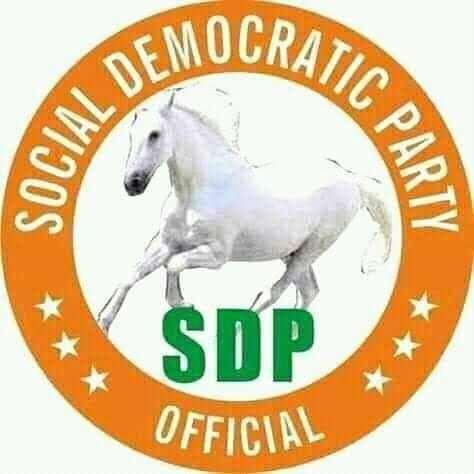
The petition filed by the SDP specifically names several local government areas where the alleged irregularities occurred, including notable regions such as Ezinihitte, Owerri Municipal, Obowo, and Ngor-Okpala. These areas are critical to the political landscape of Imo State and have been focal points in the ongoing discourse about the fairness and transparency of the recent elections.
Additionally, Eluwa’s petition calls for a comprehensive explanation from the ISIEC chairman, Charles Ejiogu. The SDP questions how election results could be declared in local government areas where the ISIEC had previously announced that elections would not take place due to security concerns. This contradiction has heightened tensions and skepticism regarding the electoral process.
Eluwa has emphasized that the SDP remains steadfast in its pursuit of good governance, social justice, and essential electoral reforms. He articulated the party’s dedication to holding accountable those responsible for any breaches of electoral protocols. According to him, the electorate deserves clarity and transparency about how such irregularities could occur without repercussions.
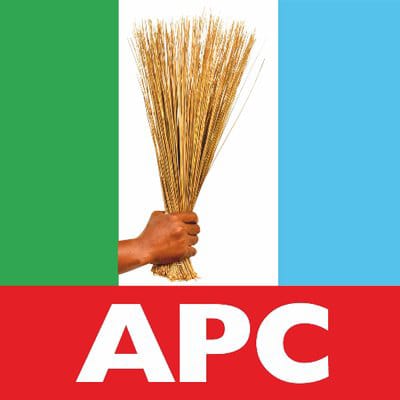
The SDP asserts that the ISIEC’s actions during the electoral process demonstrate a blatant disregard for the electoral guidelines that were established for the elections. These guidelines were intended not only to inform political parties and candidates but also to ensure that the elections were conducted in a manner that is equitable and just. The failure to uphold these standards has left many voters disillusioned and questioning the legitimacy of the election outcomes.
As the tribunal prepares for the next session on November 4, both the political atmosphere and public interest in the case are expected to intensify. The outcome of this tribunal’s deliberation could significantly impact the political landscape in Imo State, particularly in shaping public confidence in future electoral processes.
The SDP’s legal challenge highlights broader concerns about electoral integrity in Nigeria, where disputes over election results frequently lead to legal battles and public outcry. As the situation unfolds, it serves as a critical reminder of the ongoing struggle for credible elections in the country, reinforcing the importance of accountability and transparency in governance.
With the tribunal’s decision looming, all eyes will be on the proceedings as stakeholders await the outcome of this pivotal case, which could redefine the political dynamics in Imo State and set a precedent for addressing electoral grievances in Nigeria.


